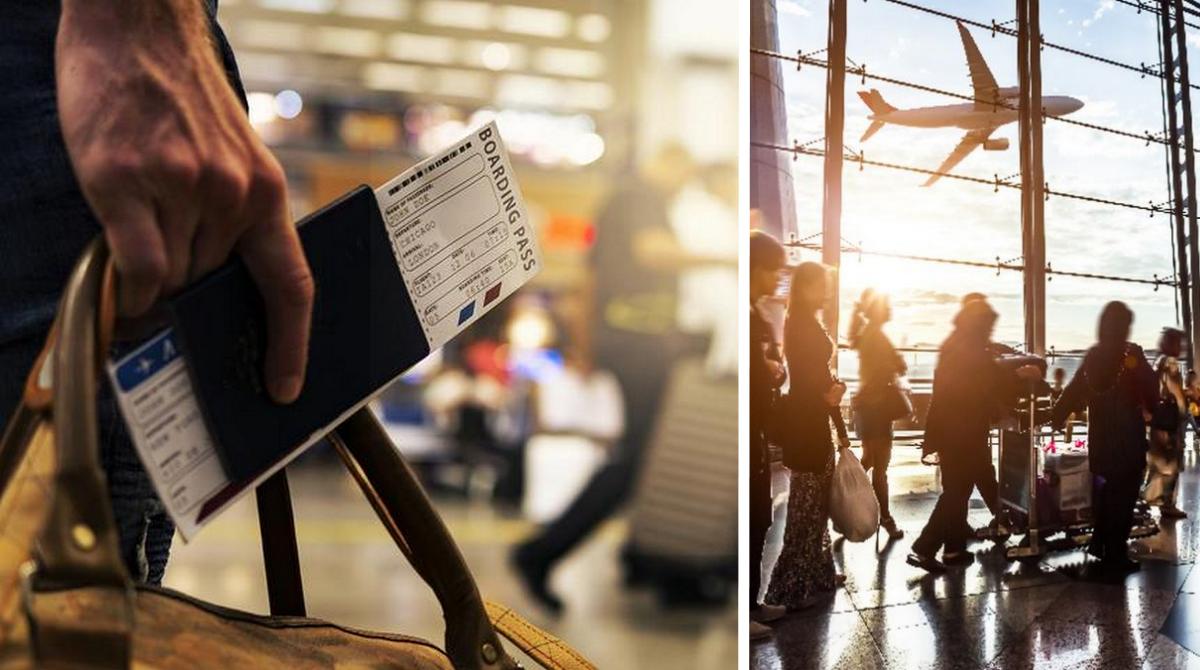Modern smartphones have made paper versions of tickets redundant, but not everyone thinks so. The tourist and travel expert listed to Insider the reasons why she always prints her boarding pass and advises everyone to do the same.
Travel expert Sophie-Claire Hoeller prefers a hard copy of the ticket and a digital version of the boarding pass. She considers printed papers to be more reliable and to prevent a lot of troubles associated with the operation of smartphones.
“My phone has been turned off at the airport several times. The program may crash. The battery will sit down. Wi-Fi may fail. The page will close. I may run out of traffic. The phone will lock at the most inopportune moment. And a paper ticket is simple, reliable, and convenient, with all the details of your trip in one easy-to-find place,” assures Sophie-Claire.
A tourist does not want to be the person who delays everyone else and rummages through her smartphone in search of the right file or page. Also, paper boarding and a personal approach open up new opportunities. “Communicating with a live person when receiving a printed ticket helped me avoid seat selection fees when my husband and I wanted to sit together, take another flight if necessary, and even sometimes get an upgrade,” the expert lists.
Dead phones can cause a lot of trouble at airports, even if they have free charging points. Accessible USB charging ports seem like the perfect answer to device death, but government authorities are warning travelers about the dangers of using them.
In a social media post, a Denver FBI agent wrote: “Avoid using free chargers at airports, hotels, or shopping malls. Criminals have found ways to use public USB ports to inject malware and monitoring software onto devices. Take your charger and USB cable and use the electrical contact instead of the ports.”
The FBI describes a scam called juice jacking, in which hackers siphon information from a phone while a person is using a public USB charger. The Los Angeles County District Attorney’s Office added: “Criminals download malware onto chargers or cables that are left connected to devices. In this way, they can infect the phones and other electronic devices of unsuspecting users. Malware can lock the device or leak data and passwords directly to the attacker’s computer.”

